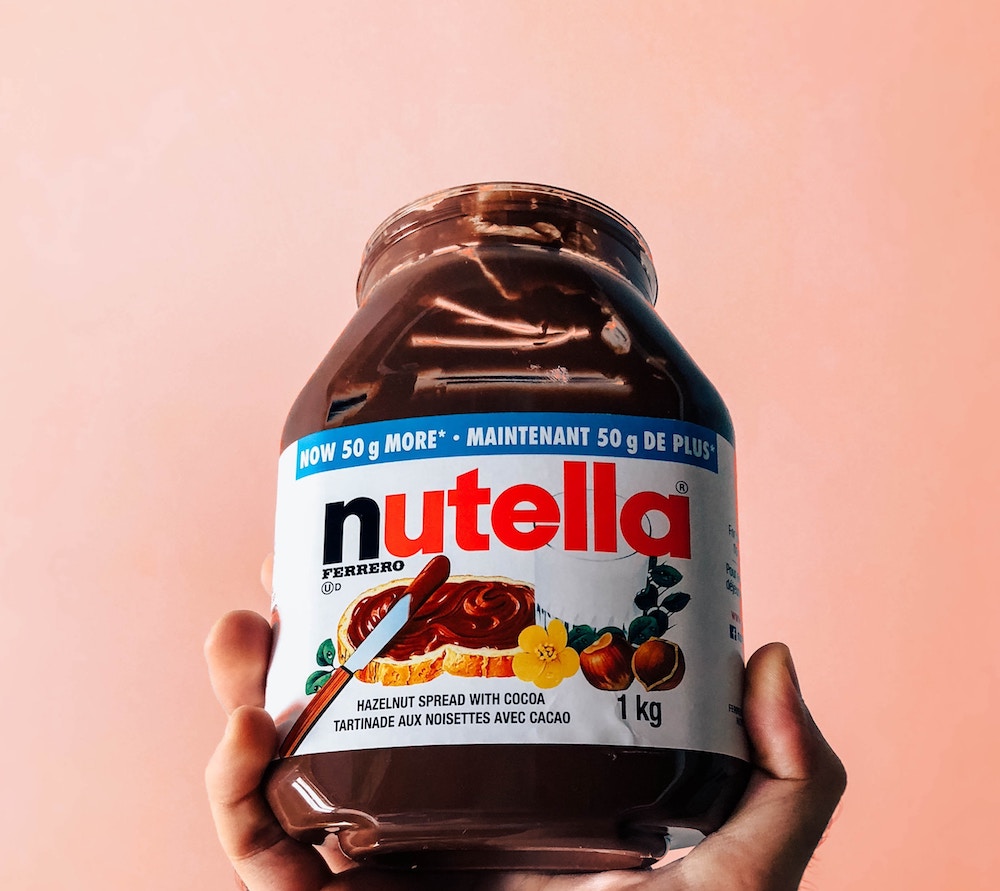3 Reasons to Stop Looking at Nutrition Labels
Meg McCabe
It took me a long time to embrace and believe that all food is good food no matter what nutrition labels say. For me, letting go of the diet mindset; such as counting calories, worrying about ingredients, avoiding certain food groups or labeling foods as “good” or "bad” made a huge difference between staying stuck and recovering.
While it took years to get back to it, intuitive eating is finally automatic for me again. However, the only times I feel like this blessing is threatened (in the slightest), is when I decide to glimpse at a nutrition label.
Generally, the intention of nutrition labels is positive: They were created for companies to be transparent about what our foods are made with. However, if you’re struggling with food or if you are in recovery, nutrition labels seem to only offer a multitude of reasons why you shouldn’t eat that food (and that’s NOT ok)! In this sense, a person can misuse nutrition labels. Nutrition labels are not meant to be obsessively scrutinized or cause intense inner conflict and guilt every time you want to eat.
Here is why you need to avoid looking at nutrition labels while in recovery:
1. They take away from your ability to eat intuitively
I usually look at a nutrition label because I want to eat that item. Immediately upon looking at the label, my “retired” ED voice wants to persuade me against my desire to eat that thing! Sometimes, I am convinced to eat a different food which is usually something much less satisfying. Instead of honoring my original desire to eat that food, I’m given reasons to avoid it or worry. Looking at nutrition labels leads to restricting or denying certain foods all together which also can spark the restriction-binge cycle.
2. You’re giving too much power to the numbers
Looking at a nutrition label diminishes delicious food that nourishes our bodies to mere numbers. Making food decisions based on calories, grams and percentages takes power away from your body’s ability to make these decisions for you. These numbers are units of measurement that do not tell you whether or not you will feel full or satisfied after eating them. Nutrition labels trick us into thinking that they know best—when really, that’s up to your body’s cravings and hunger signals to decide.
3. They create fearful thoughts
When nutrition labels explain food with tedious detail it becomes easy to fixate on each detail of the food. These labels create 'fake' worries and fears about gaining weight or experiencing negative health effects, when really, that specific item will most likely have very little impact on your overall health. Instead of focusing on how you feel when eating the food, you’re cognitively distracted. The labels provide too much detail—which makes it way easier to overthink.
If you’re in recovery, or if you just want to heal your relationship with food and eating, I encourage you to cover your labels. Try covering the labels with sharpie markers, or slapping your favorite stickers over them so when you try to look, you can’t see the details. It’s important to build consciousness around your automatic actions and start noticing when you go to look at labels. It’s OK if you look; your behavior will most likely not change immediately. When you do, let the covered labels act as a reminder of your decision to work towards recovery. Do your best to honor that decision, and eat what you want intuitively.
Meg McCabe is a Life Coach and Eating Disorder Recovery Coach located in Boston, MA. She's fully recovered from anorexia and bulimia and works to help people heal their relationship with food and their body. Meg utilizes her platform to interview recovered survivors about their recovery journeys and raise awareness by having vulnerability and honest conversations about eating disorders. When Meg is not coaching, she's the Communities of HEALing Lead for the Boston Chapter of Project Heal, and a health educator at Boston Children's Hospital. In her free time Meg loves to dance, take care of her plants, and listen to podcasts. Visit her Website.






















